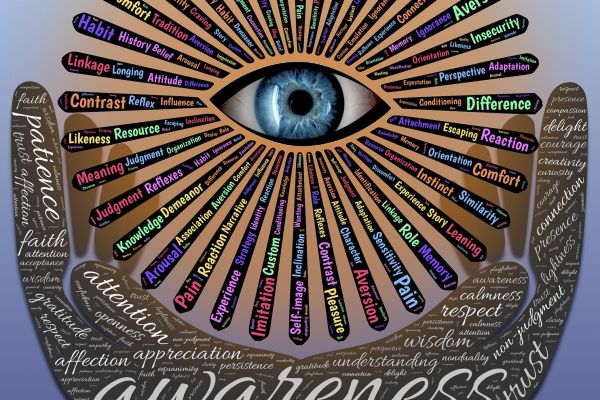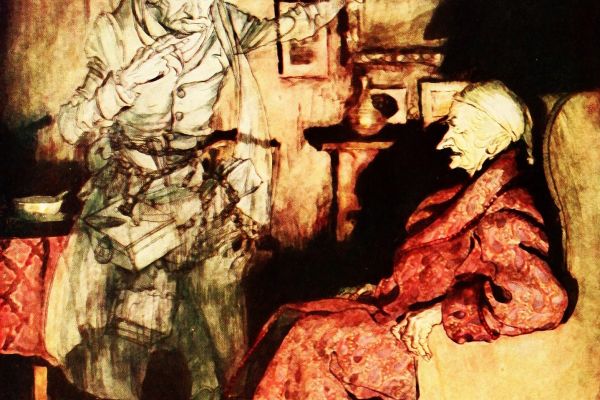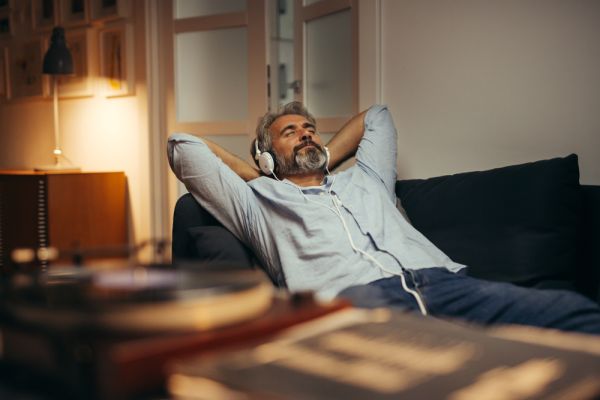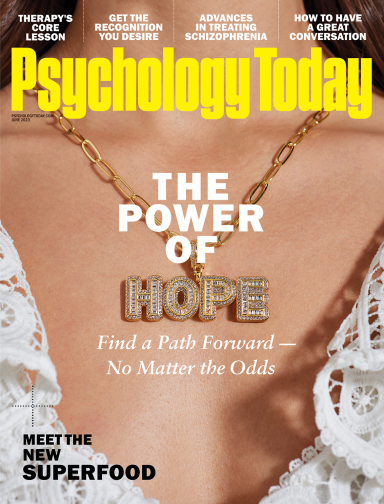Viktor Frankl’s Legacy of Meaning
A life that forever will bring light to darkness.
Posted March 26, 2019
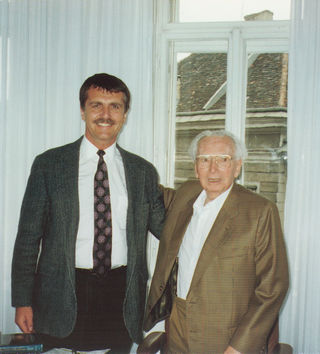
It’s been over twenty years since I met with the world-renowned psychiatrist and existential philosopher Viktor E. Frankl, M.D., Ph.D. (1905-1997) at his home in Vienna, Austria, when he urged me to write our book on meaning, Prisoners of Our Thoughts1 (now in over 20 languages), with the more than encouraging words, “Alex, yours is the book that needs to be written.” Importantly, since March 26th marks Dr. Frankl’s birthday, I would like to pay tribute to his life and legacy, which continue to shine as beacons of hope and possibility for all of humanity.
Dr. Frankl is recognized by most people as the author of the classic bestseller, Man’s Search for Meaning, named one of the ten most influential books in America by the Library of Congress. A survivor of Nazi concentration camps during World War II, he is most well known for his belief that no matter what challenges you face in life, you always have the ultimate freedom to choose your attitude and your response to what is happening to you. His many ideas about the human quest for meaning, illustrated by his own experiences and those of his clients/patients, have influenced millions of people around the world.
As a prisoner in the death camps, he saw the human condition at its worst, with people behaving in unimaginably intolerable ways. He also saw human beings rise to heights of compassion, caring, unselfishness, and transcendence. Through his life and work, he reminds us that we all have important work to do, that whatever we do is important, and that meaning can be found everywhere, all the time. Moreover, he left a legacy that can help everyone, no matter what their situation, find deeper, richer meaning in their lives.
Fundamentally, Dr. Frankl believed that there is meaning in every moment of our lives — up to our very last breath — and that it is our personal responsibility to find it. By example, he was able to find meaning in spite of, and because of, the suffering all around him. He was quick to say, however, that traumatic suffering is not a prerequisite for finding meaning in our lives. By this he meant that whenever we do suffer — no matter what the severity of the suffering is — we have the ability to find meaning in the situation. We also have the ability to find meaning in the good times. Choosing to find meaning, under any circumstance, is the path to a meaningful life.
Life doesn’t just happen to us. We happen to life; and we make it meaningful.
As a mentor and author, and as the creator of Logotherapy, referred to as the “Third Viennese School of Psychotherapy,” Frankl had a profound impact on many people during his lifetime. Importantly, his life-affirming and inspirational teachings continue to guide and influence people around the world today.
Indeed, Frankl’s influence cannot be overestimated, especially in today’s fast-changing, increasingly complex, and uncertain world. Interest in the search for meaning in life, work, and society has been amplified in light of these contemporary societal conditions. Against such a backdrop, Dr. Frankl’s wisdom provides a disciplined approach to discovering meaning in even the most catastrophic of circumstances — an approach rooted firmly in his personal experience.
Frankl did not promote himself or his school of thought and practice like many other pioneers and leaders in his field. Instead, his legacy in large part has been driven by his disciples and other loyal followers. In 1992, for instance, the Viktor Frankl Institute was founded in Vienna, Austria. Today the Institute continues to serve as the center of a worldwide network of research and training institutes dedicated to maintaining and fostering the lifework of Viktor Frankl, including advancing his philosophy and therapeutic system of Logotherapy and Existential Analysis.
In addition to supporting academic degree programs and external research projects, the Institute collaborates with the City of Vienna’s Viktor Frankl Fund to grant scholarships and award prizes for work in the field of meaning-centered humanistic psychotherapy. It also has exclusive access to Frankl’s private archives and the world’s largest collection of texts and research on Logotherapy and Existential Analysis.
The increasing attention to Frankl’s contributions to humanizing psychotherapy and improving the human condition doesn’t stop within the professional disciplines that typically are associated with them. Because the human quest for meaning has been shown to be a pertinent concern across all age groups, many applications and adaptations of Frankl’s work enter and essentially intersect with other domains. Crossing over from the therapeutic arena, for instance, we are beginning to see Frankl’s meaning-centered ideas enter the coaching field.
The search for meaning in work-related contexts has also grown in importance since both employers and employees are coming to the realization that meaning at the core of their work has benefits that go far beyond conventional metrics of return on investment (ROI) and the financial bottom line. The need to continue to humanize work and the workplace is a quest in and of itself; the meaning paradigm and formula that Viktor Frankl espoused not only underscore the importance of this quest but also provide practical, empirically grounded guidelines for pursuing it successfully.
Viktor Frankl’s name and ideas are also finding their way with increasing regularity into popular culture: on television, radio, magazines, newspapers, the Internet, and, yes, even in movies. In 2015 it was announced that Frankl’s bestseller, Man’s Search for Meaning, was finally heading for the big screen as a feature film.
Indeed, the memory of Viktor Frankl is eternal. So is his inspirational and aspirational message of meaning. Here are four current initiatives that, in different ways, will guarantee that the memory of his life and legacy is never lost:
Viktor & I. In a fascinating and beautifully crafted documentary film Viktor & I, Dr. Frankl’s grandson and filmmaker, Alexander Vesely, gives a unique and personal look at his famous grandfather. Among Vesely’s aims was to discover and depict how Frankl’s theories were connected to him as a person. Viktor & I shows Frankl as he was seen by relatives, friends, colleagues, students and acquaintances in various professional and private settings.
Viktor Frankl Museum. On March 26, 2015, on the occasion of what would have been Viktor Frankl’s 110th birthday, the grand opening of the world’s first Viktor Frankl Museum was held in Vienna, Austria. The Museum was designed to be an experiential, interactive, sensory, and multimedia learning opportunity for visitors to become introduced to Frankl’s life, his philosophy, and his approach to psychotherapy.
Statue of Responsibility. Viktor Frankl warned that real freedom threatens to degenerate into mere license to do virtually anything one wants unless it is lived in terms of responsibleness. That is why he recommended that the Statue of Liberty in New York Harbor be complemented by a "Statue of Responsibility" somewhere along the West Coast of the USA. In this connection, a nonprofit foundation exists to advance Frankl’s idea with the goal of completing the statue, which would be a 300 hundred-foot national monument, complete with a large event venue similar to the National Mall in Washington, DC, somewhere on the West Coast in the foreseeable future.
Viktor Frankl Coin. And just last month, on February 13th, the Austrian Mint honored Dr. Frankl’s lifework with the issuing of a beautifully designed 50 Euro Gold Coin. The Viktor Frankl Coin is part of a three coin series commemorating the founders of the three “Vienna Schools of Psychotherapy”: Sigmund Freud, Alfred Adler, and Viktor Frankl.
Indeed, the spirit of Viktor Frankl lives on, and his ageless wisdom about the human quest for meaning continues to spread globally. More people in all stages and walks of life, as well as across diverse cultures, are being given the opportunity to benefit from Frankl’s wisdom through new channels, such as via social media and social networks, and are revealing their hunger for something “more” in life, work, and society than what they have experienced or can envision for their future.
By living a life with meaning right to his last breath, Dr. Frankl showed us how his existential philosophy and therapeutic approach were grounded in practice. His personal experiences throughout his long life, both as a survivor of the Nazi death camps and as a revered and respected thought leader, illuminate the unlimited potential of a human being. Frankl’s life gives us rich and ample evidence that the keys to freedom from life’s prison cells — real and imagined — are within us, and within reach. Meaning, as Dr. Frankl taught us, can be found everywhere, in and through all of life’s experiences. It exists in the moment — in all moments — and is only waiting to be discovered.
References
1. Alex Pattakos and Elaine Dundon (2017). Prisoners of Our Thoughts: Viktor Frankl's Principles for Discovering Meaning in Life and Work, 3rd edition. Oakland, CA: Berrett-Koehler Publishers.


